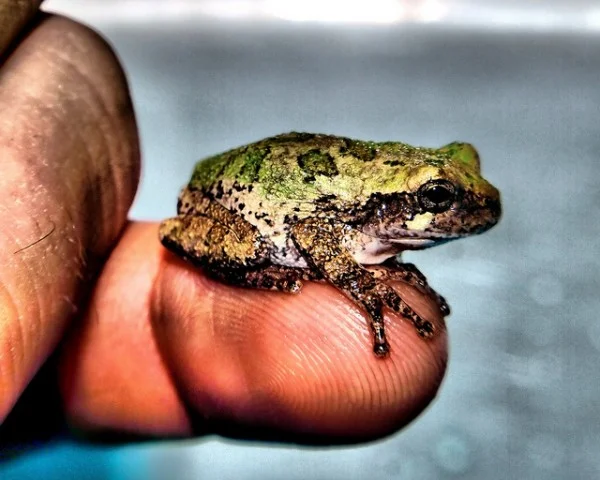The main driver behind global climate change is often thought to be fossil fuel emissions, but the results of a survey of 41 international scientists published in Nature this December stresses the role of another factor. Led by University of Florida scientist Edward Schuur and University of Alaska Fairbanks graduate student Benjamin Abbott, the survey suggests that intense permafrost thaw could potentially increase greenhouse gases by nearly 150 percent.
Work on Airborne H5N1 Virus Halted
Researchers studying the transmission of a deadly airborne strain of the H5N1 bird flu virus published a letter in both Science and Nature last month, announcing that they have suspended their work for 60 days to discuss the merits of this controversial research. Primary concerns regarding this research include the potential for this virus to escape laboratories and its possible use by bioterrorists.
Tiny Frogs May Mean Big News for Vertebrate Evolution
Our Furry Friends: the History of Animal Domestication
Most of us go about our day without considering our encounters with domesticated animals: our pet dog, the horse we rode on the beach, the cow we just had for lunch. Yet animal domestication has played a significant role in our lives. “The history of domestication is interesting because it changed human history.


